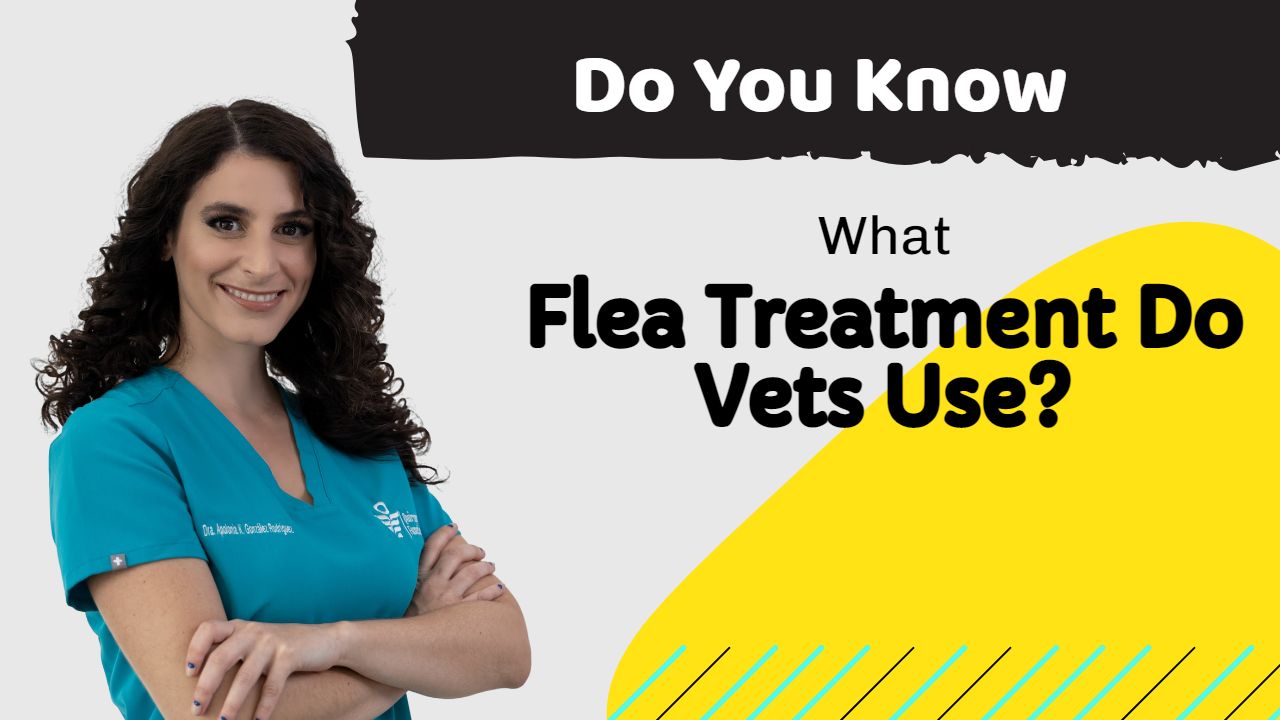Do you want to know what flea treatment do vets use? You are in the right place. In this article you will get full information about the way vets treat flea infestation.
A vet will use any number of flea treatments, depending on the severity of your pet’s condition and what’s best for them.
Some vets will prescribe oral medications, while others may opt for topical applications. Flea treatment usually consists of multiple treatments and is administered through a licensed veterinarian.
An experienced vet should be able to find precisely what flea treatment dogs need.
What flea treatment do vets use?
By adhering to a multi-step treatment plan and heeding your Veterinarian’s advice, you can effectively prevent flea infestations from occurring.
According to veterinarians, collars, topical treatments, and oral drugs are the three most effective methods for preventing fleas on your pet.
The ideal solution for your pet ultimately relies on their lifestyle and your Veterinarian’s recommendation.
Preventative care is vastly superior to treatment. Although there are some over-the-counter options, prescription programs are excellent and recommended by Veterinarians are:
Bravecto
Fluralaner, the active ingredient of Bravecto, is an “ectoparasiticide.” This implies that it destroys parasites such as fleas, ticks, and mites that dwell on or in animal skin, fur, or ears.
By eliminating D. reticulatus ticks, Bravecto minimizes the likelihood of B. canis canis infection. To be exposed to the active ingredient, parasites must cling to the dog’s skin and begin feeding.
NexGard
Veterinarians recommend NexGard to dog owners because it protects for up to 30 days against fleas and ticks, and canines enjoy the beef-flavored chews.
In addition, since NexGard is an oral medication, swimming or bathing does not influence its efficacy.
In contrast to topical products that require canines to wait before bathing or swimming, a dog’s coat can become wet immediately after being treated with NexGard.
NexGard is safe and effective for all dog breeds when used according to a veterinarian’s instructions. NexGard is also suitable for pups aged eight weeks or older and weighing 4 pounds or more.
Simparica
Simparica is only for use in dogs older than six months. Simparica may produce neurologic symptoms in dogs with or without a history of neurologic diseases, including tremors, instability, and seizures.
The effects of Simparica on pregnant, breeding, or breastfeeding dogs have not been investigated.
Each of these is available in chewable form and can be obtained through your Veterinarian or a website that collects prescription information at checkout.
In addition to constantly washing your pet’s bedding, the Veterinarian recommends giving your regular pet baths.
Fleas are killed by hot water and soap, so frequent washing is one of the simplest ways to prevent their spread throughout the home.
Conclusion
Fleas may be tiny, but that does not mean they are harmless. They can cause a lot of discomfort for your pet and risk human health.
If you are having flea problems, you have a few options. Hopefully, this article has given you a decent idea of what flea treatment do vets use and how to talk to your vet about adopting a new method while keeping your pets healthy.
More Information
U.S. FDA Approves New Indication for Merck Animal Health’s Bravecto
NexGard Official Website
Zoetis Pet Care Official Website


